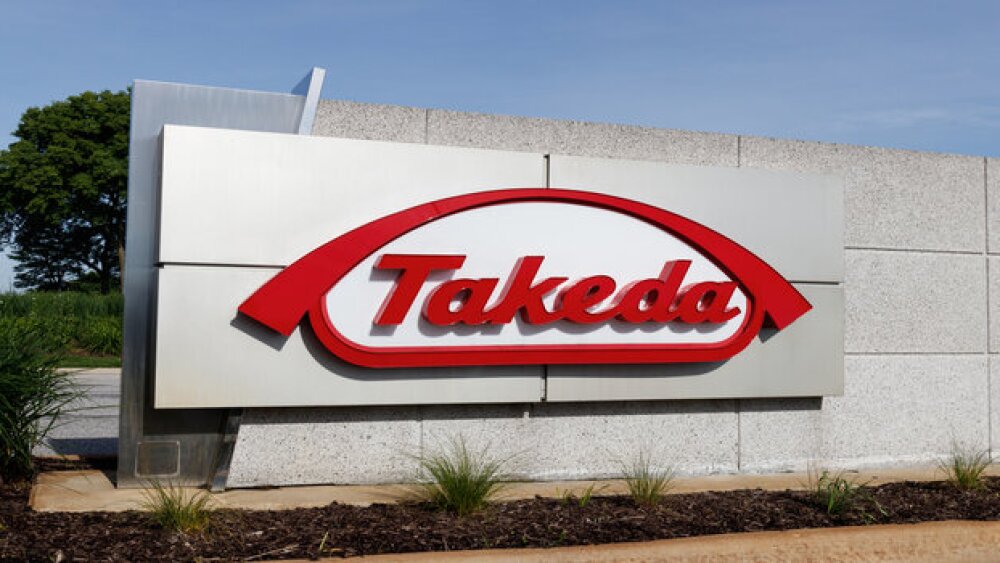Many people work in a company that has a toxic work environment and yet they don’t know about it. These ways can help you determine you aren’t working in one?
A toxic work environment can kill your productivity
A toxic environment breeds things like fear, insecurity, instability, backbiting, and infighting. Hardly ideal ingredients for job satisfaction, growth, or productivity. If your gut is telling you that your workplace is more negative than normal, than you might be in a toxic environment. Working for a prolonged period of time in this type of culture can raise your stress levels, cause anxiety, or lull you into a “career coma” where, instead of advancing in your field, you’re simply going through the motions each day.
Here are some classic signs your company culture is creating a toxic work environment and that it might be time for you to seek out a new employer:
Signs That You Are Trapped In A Toxic Work Environment
You’re afraid to speak up.
Good leadership knows that honest, constructive feedback from all employees leads to personal growth in each person and also makes the company better as a whole. If you’re afraid, intimidated, or nervous about giving your feedback to colleagues, managers or leadership or pointing out where things could be improved, you’re in a toxic work environment.
Too many secrets makes a toxic work environment.
Aside from the usual confidentiality matters that exist in every company, people in a toxic work environment often operate in the shadows. It’s a place where secrets give way to rumors and gossip, and no one seems to know what’s really going on, where the company is headed, or what their future looks like. This kind of uncertainty is anxiety-producing and not a sustainable way to work.
Complaining is the norm.
Nothing is perfect and a certain level of commiserating with your colleagues is normal (even healthy for building good inter-office relationships). But if all everyone seems to do is complain, then there’s a wider problem going on and you are trapped in a toxic work environment.
You dread Monday mornings.
Do you get a pit in your stomach on Sunday evening because you dread the week ahead? Do you live for Friday’s, or find yourself taking more sick days than you should just to get time away from the office? Feeling miserable at the thought of going in to work is not normal (or healthy), and it’s a sure sign that you’re probably not in the right place.
Unusually high turnover.
This is sort of a no-brainer, but if your employer consistently struggles to attract and retain top talent, it’s probably for a good reason. Experienced professionals will only put up with a toxic work environment for so long, and this will show itself in your company’s turnover rate.
HR is a joke.
If you and your colleagues have little faith in your organization’s HR department, that is a serious sign of a lack of infrastructure, accountability, and overall career guidance and support for the staff. This could signal a host of other problems within the company that can directly affect morale and erode trust in the company’s credibility and reputation among employees.
No one trusts the leadership.
Leaders and managers create company culture. They lead by example and set the tone for the entire organization. Poor leadership can manifest itself in many different ways, from overt aggressiveness to incompetence, from absence to micro-management. Regardless, when the leadership of an organization fails to create a positive, growth-oriented environment for the company, everyone suffers in a toxic work environment.
You’re not the only one.
If your concerns, fears, and complaints are echoed by your colleagues on a regular basis, then you know it’s not just your isolated negative experience with a certain team, colleague, or manager but a more widespread company problem that deserves your attention. Truly toxic work environments bring out the worst in everyone, not just one or two people. When your key drivers are anxiety, stress, fear, dread, gossip or instability, conflicts and inappropriate interactions are bound to happen. If this is the “norm” for your work environment, that’s a sure sign it’s likely toxic.
Nothing gets done.
Meetings that never come to anything. Tasks that go unfulfilled. KPIs not met. Deadlines passed. Projects discussed, then cast aside. If it feels like things just aren’t getting done or moving forward at a good pace, you could be in a toxic work environment that lacks structural accountability, has no clear individual/organizational goals, stifles collaboration, encourages mediocrity (or “just getting by”), kills any kind of creative thinking, or needs good leaders and managers.
It’s only about today.
When the primary focus of your organization is on daily or monthly tasks, projects, and KPIs, with little to no consideration for long-term goals, you have to question the scope and priorities of your leadership. Without an overall strategy for long-term success or growth, the company culture can seem unstable, unreliable, disorganized, or like it’s constantly changing, oftentimes putting “last minute” pressures on employees who may end up feeling frustrated that they don’t know the overall direction or goals the company is working towards.
You’ve stopped learning.
Toxic work environment often not primed for real, long-term growth, either for the individual or the organization as a whole. Growth-oriented leaders know how to bring out the best in their employees, and a large part of accomplishing this requires challenging each team member and department to learn more and do better over time. This also means giving them the resources, support, guidance, confidence, freedom, and encouragement to take it to the next level. If you’re not being challenged and supported to grow as a professional in your current role, it’s likely time to evaluate where you go from here.





